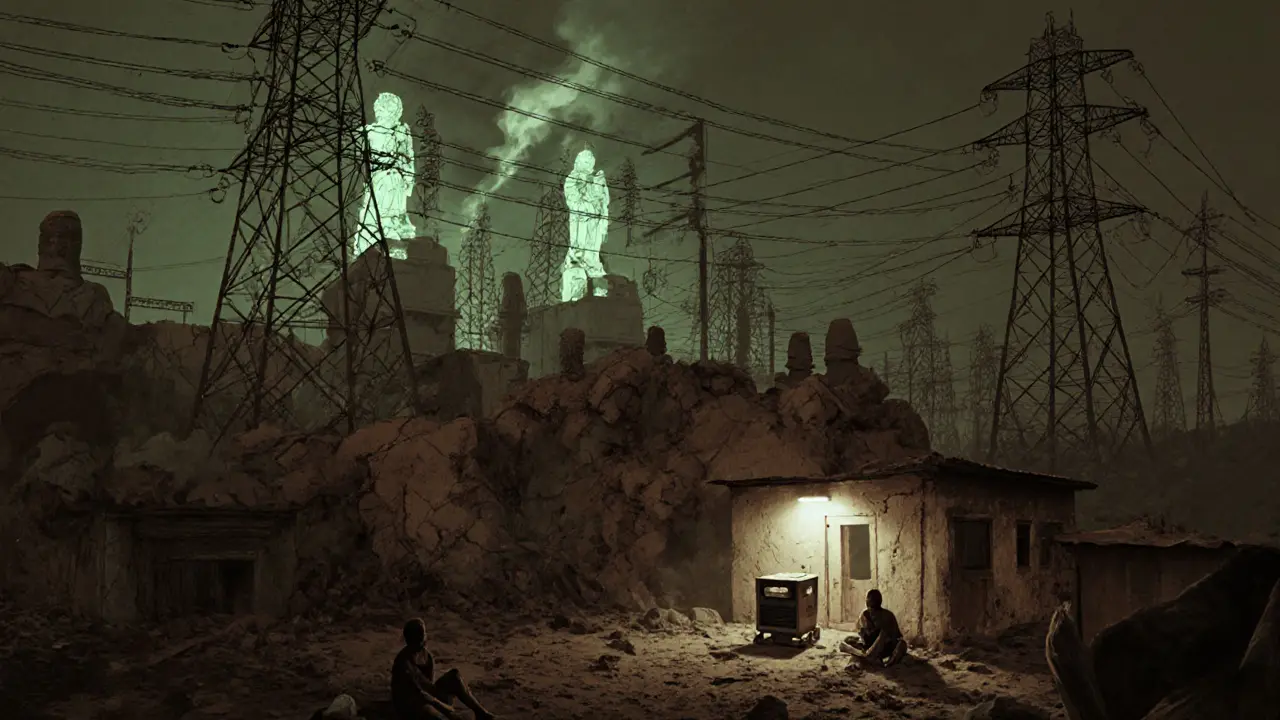Crypto Mining Restrictions: Where It's Banned, Why, and What It Means for You
When you think of crypto mining restrictions, government rules that limit or ban the process of validating blockchain transactions using computational power. Also known as cryptocurrency mining bans, these policies are reshaping who can mine, where, and under what conditions. It’s not just about electricity bills anymore—countries are now treating crypto mining like a public utility or national security issue.
Some places, like China, a former global leader in Bitcoin mining that imposed a total ban in 2021, shut down entire mining farms overnight because they drained the power grid. Others, like Kazakhstan, a country that briefly became a mining hotspot after China’s crackdown, later restricted mining to protect domestic energy supplies during winter shortages. Even in the U.S., states like New York and Vermont have paused new mining projects over concerns about carbon emissions and grid reliability. These aren’t random moves—they’re direct responses to energy demand, environmental pressure, and fears of unregulated financial activity.
What’s happening behind the scenes? Governments are connecting crypto mining to asset forfeiture, the legal seizure of digital assets linked to illegal activity or tax evasion. If you’re mining without reporting income, or using power you don’t legally own, your rigs—and your coins—can be taken. The U.S. has already seized over $17 billion in Bitcoin through forfeiture cases, and that number keeps climbing. Even if you think you’re just running a home miner, you’re still part of a system that regulators now monitor closely.
And it’s not just about big operators. If you’re mining on a laptop or a small rig in your basement, you’re still subject to these rules. Some countries require licenses. Others ban mining outright. A few even track your IP address or electricity usage to find unregistered miners. The days of mining in plain sight are over. If you’re still mining, you need to know where it’s allowed, what you’re required to report, and how to avoid becoming a target for crypto seizure, the process by which authorities confiscate cryptocurrency from individuals or entities.
The posts below show you exactly what’s going on—from countries that banned mining to exchanges that got shut down for helping miners hide their activity. You’ll see how regulators are tracking miners, what happens when your hardware gets seized, and which platforms are still safe to use if you’re in a restricted region. This isn’t theory. These are real cases, real penalties, and real choices you need to make before you plug in your next rig.
Energy Crisis Forces Angola to Ban Crypto Mining
Angola banned crypto mining in 2024 to stop electricity theft and redirect power to hospitals and homes. With 60% of urban areas facing blackouts, the government seized millions in mining gear and jailed operators. The ban remains strict, with no exceptions-even for solar power.
